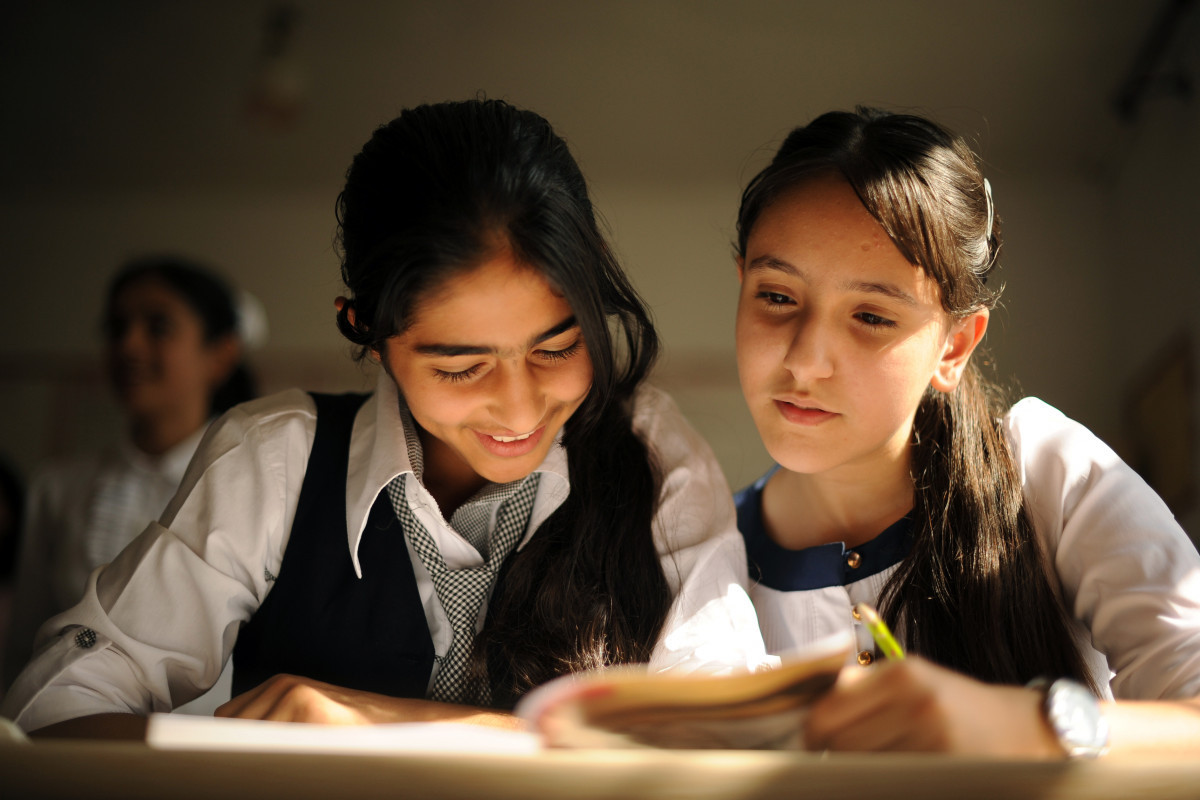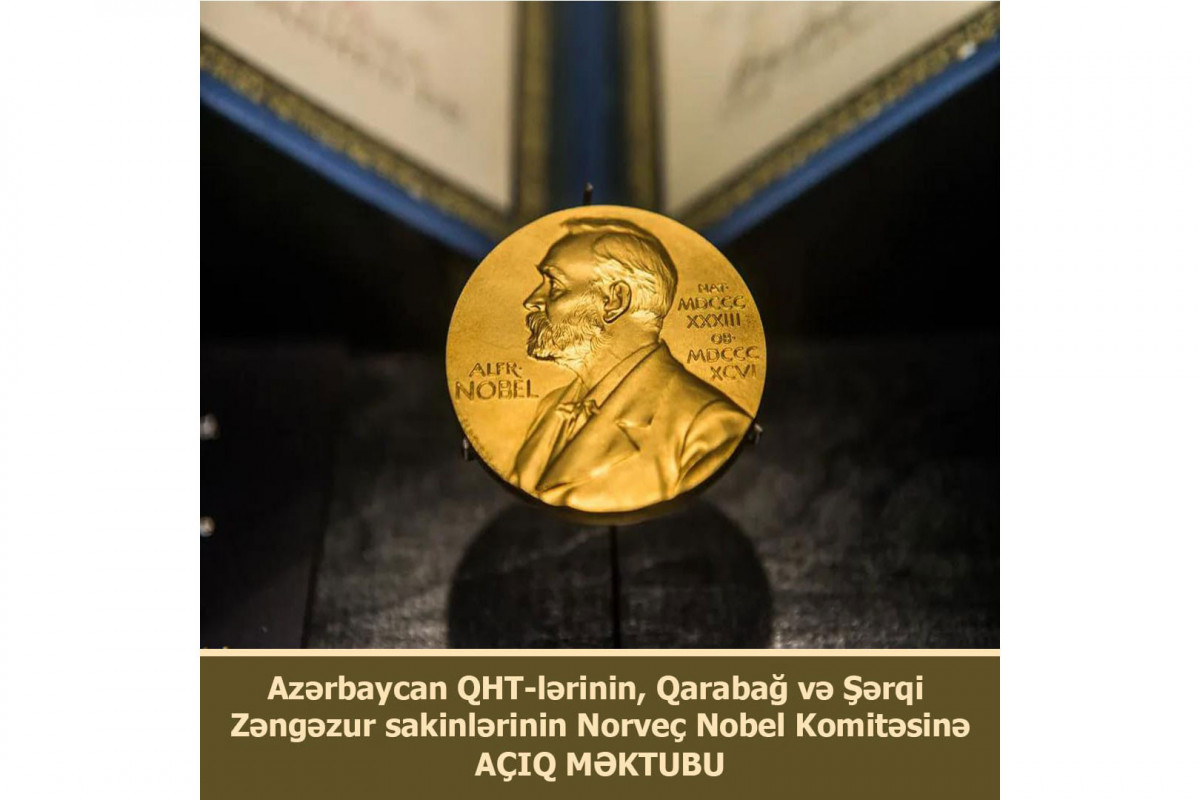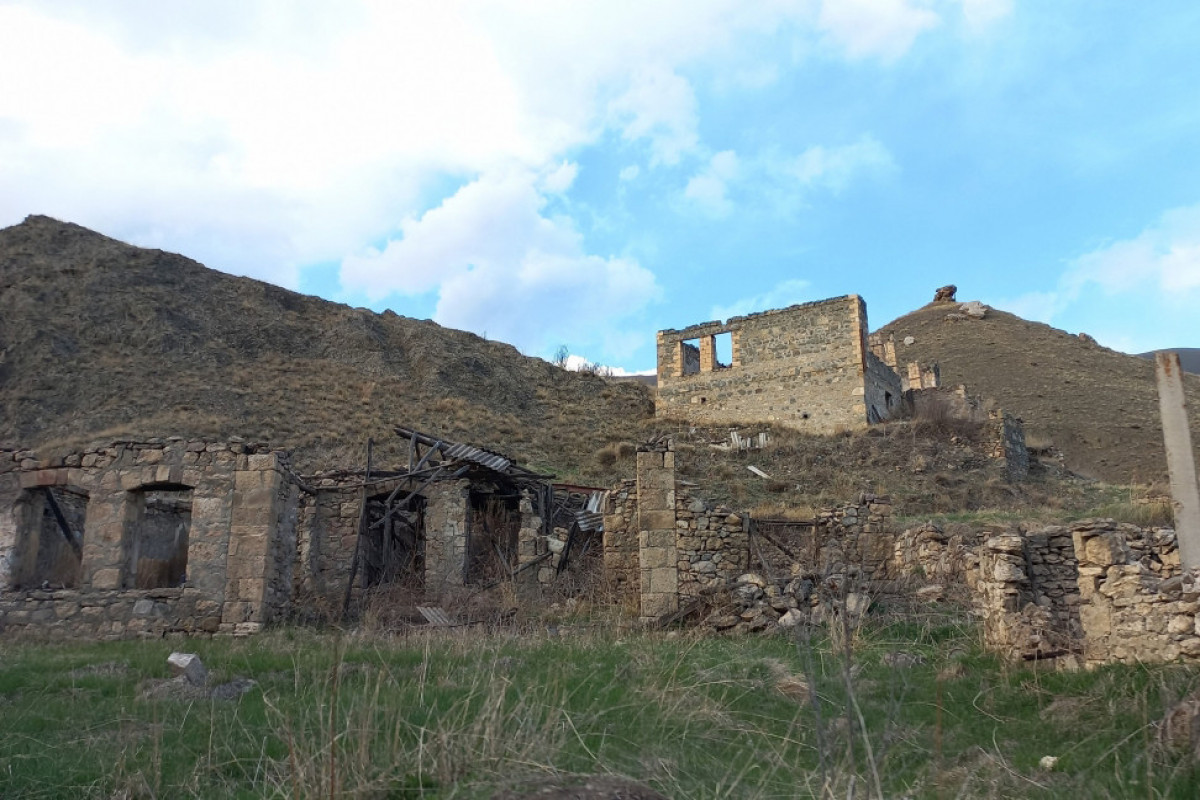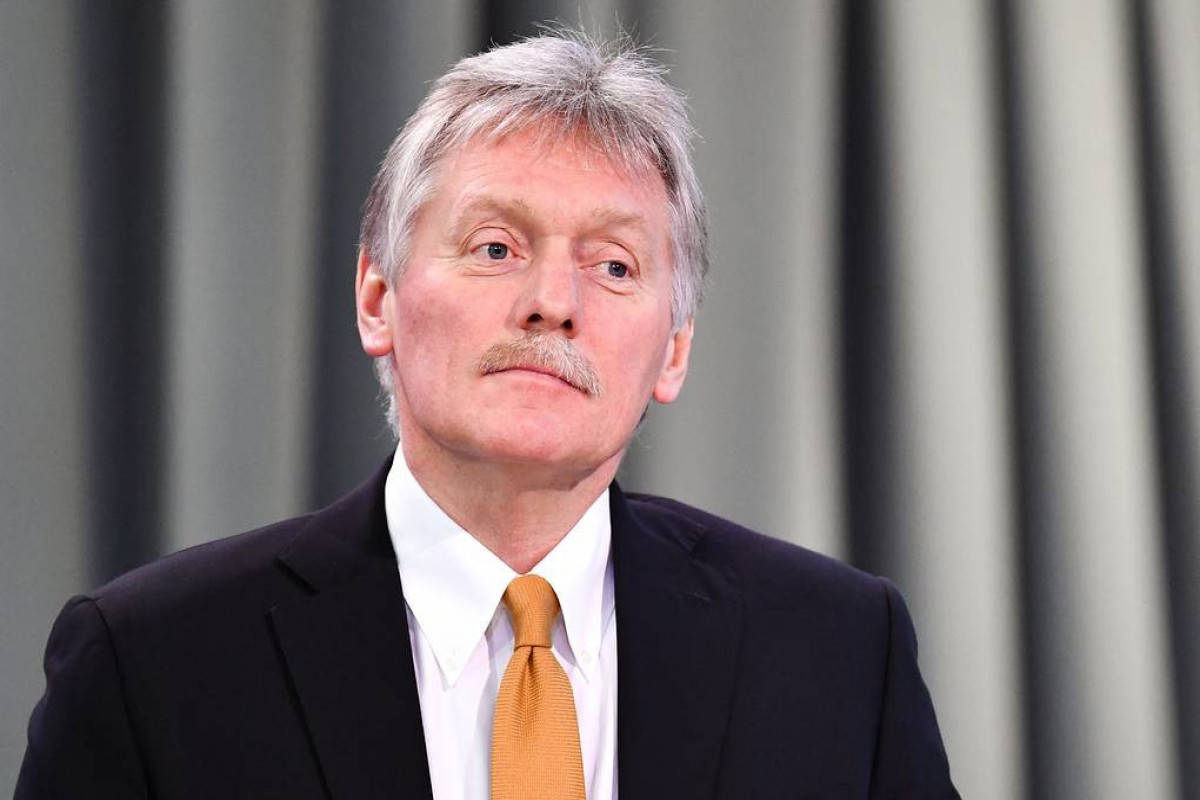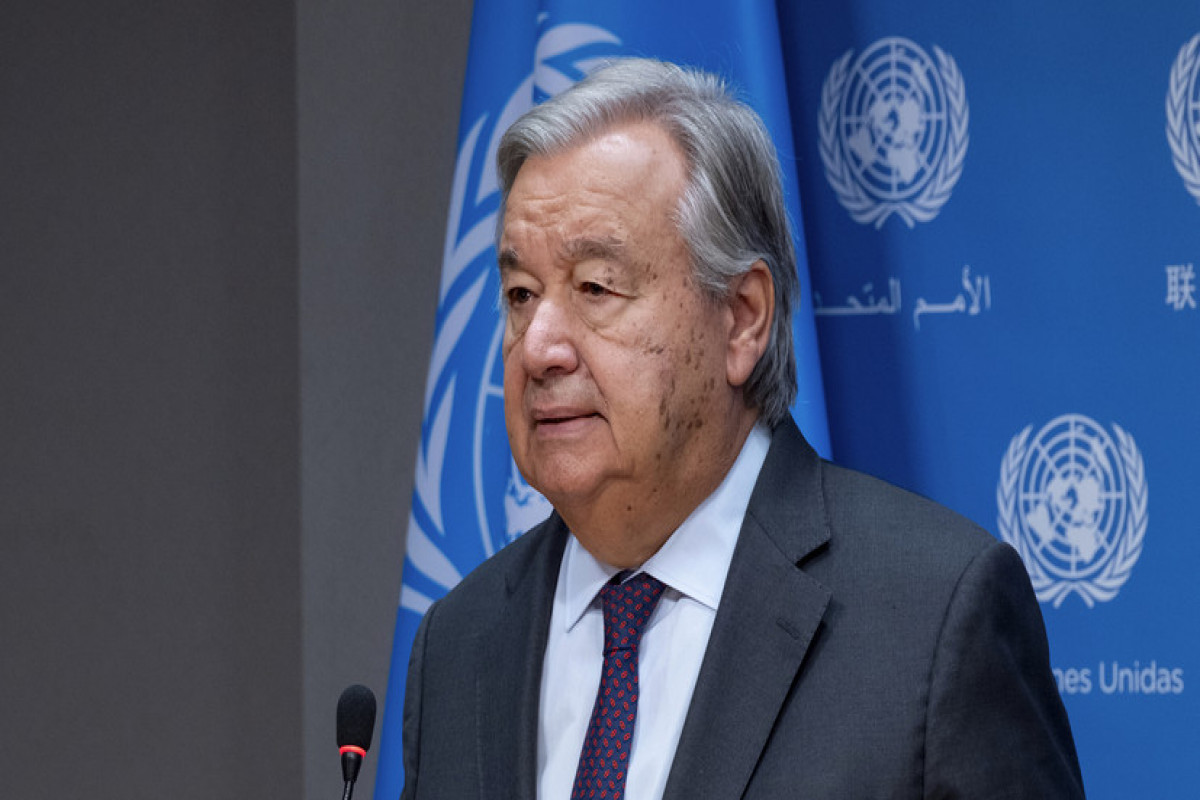"On October 17th, the world commemorates International Day for the Eradication of Poverty. This year, I have been reflecting on what eradicating poverty means for Azerbaijan," reads the article written by Sarah Michael is World Bank Country Manager for Azerbaijan, APA reports.
"Since the early 2000s, Azerbaijan has made remarkable progress in reducing poverty and increasing shared prosperity. High economic growth rates, rising employment and high real wage increases all contributed to this decline in poverty and to the expansion of the middle class.
Social transfers and social safety nets, including pensions, also contributed to poverty reduction and played an important role in raising the incomes of those in the bottom 40 percent. This is very important progress.
Unfortunately, the COVID-19 pandemic has impacted poverty reduction in Azerbaijan, as it has globally. Many households have experienced job losses and financial hardships, and vulnerable households have been pushed deeper into poverty. The pandemic has also had a serious impact on human capital, through disruptions to many essential services, including education. Education might not immediately come to mind when thinking about combatting poverty, but it has a lot of relevance for Azerbaijan.
Learning poverty is a relatively new concept, but one that we need to focus on more. It brings together both access to education – including a measure of schooling deprivation, or the share of primary school-aged children who are out of school – and a measure of learning deprivation, or the share of children who don’t have the minimum level of reading proficiency expected for their age.
In other words, learning poverty considers whether children have access to schooling, as well as whether they are learning in school.
Last year’s update of the Human Capital Index recognized Azerbaijan among the top 10 global improvers in progress made on health and education between 2010 and 2020. Yet learning poverty does exist in Azerbaijan. The study Survive, Learn, Thrive: Strategic Human Capital Investments to Accelerate Azerbaijan’s Growth, carried out by the World Bank and Government of Azerbaijan in 2020, highlighted that there are widening inequalities in learning outcomes.
On standardized tests, students from wealthier families scored 96 points – or the equivalent of three years of schooling – above students from poorer families. Students in rural areas scored 48 points lower than children from urban areas. In a global assessment of student’s reading literacy, Azerbaijan had the highest gap between its top and bottom performers in the Europe and Central Asia region. And while the average number of years of schooling in Azerbaijan is about 12, it is only 9 when adjusted for the quality of education.
Important ways through which Azerbaijan can combat learning poverty include continuing to invest in equitable access and quality of education, and tackling the barriers to education faced by children and youth from poor and vulnerable families.
And, in line with Azerbaijan’s 2030 Strategy, continuing to invest in education throughout the learning cycle – from expanding preschool and early childhood education to strengthening the innovation and international competitiveness of higher education, as well as the relevance of higher education to modern labor markets – will help Azerbaijan strengthen its human capital. This will in turn boost the country’s potential for knowledge, innovation and growth, and continue to catalyze Azerbaijan’s progress in eradicating poverty," reads the article.


